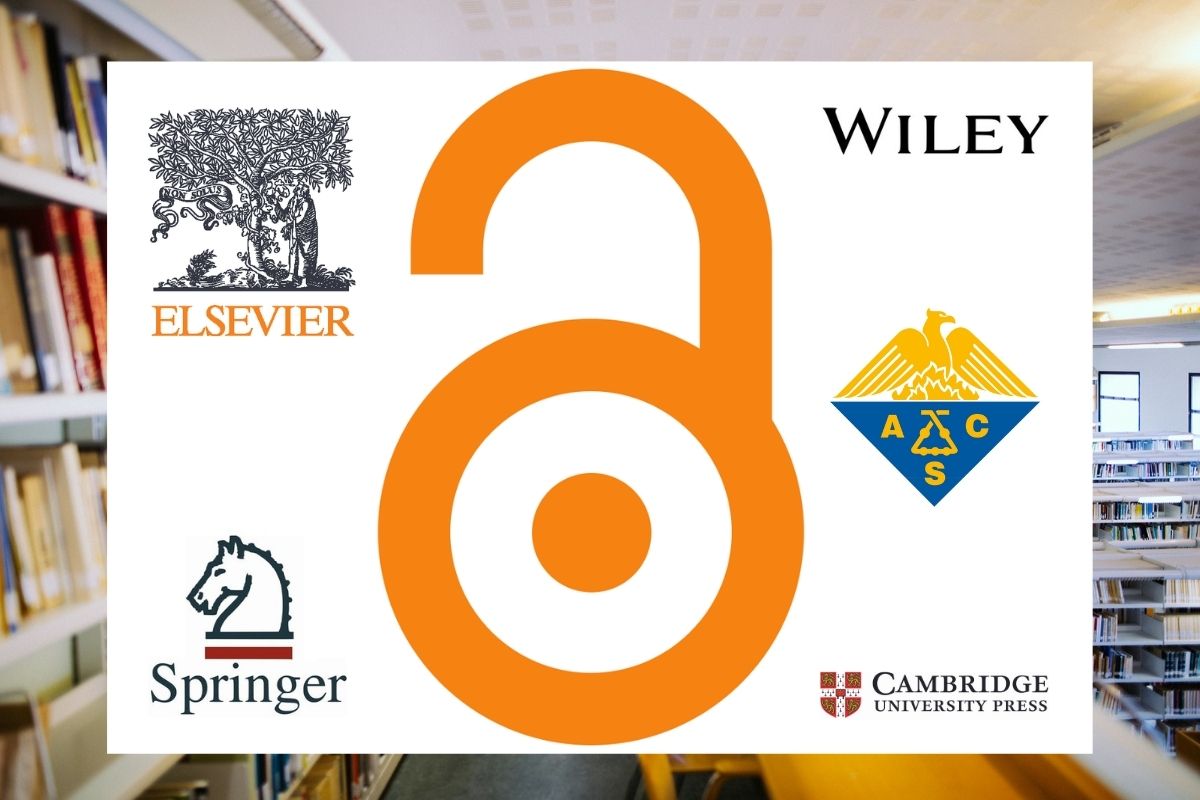New transformative agreements to promote open-access publications

Transformative agreements are contracts between library consortiums and publishers to transform the current subscriptions at no cost to open-access publications, maintaining the access to reading. Over the last months, these agreements for the Spanish universities have been carried out at CRUE and CSIC for four main scientific publishers: Elsevier, Springer, Nature, Wiley and the American Chemical Society. Also, the UB, through the Learning and Research Resource Centre (CRAI), signed a transformative agreement with Cambridge University Press. The agreements include more than 5,500 scientific journals.

Transformative agreements are contracts between library consortiums and publishers to transform the current subscriptions at no cost to open-access publications, maintaining the access to reading. Over the last months, these agreements for the Spanish universities have been carried out at CRUE and CSIC for four main scientific publishers: Elsevier, Springer, Nature, Wiley and the American Chemical Society. Also, the UB, through the Learning and Research Resource Centre (CRAI), signed a transformative agreement with Cambridge University Press. The agreements include more than 5,500 scientific journals.
“The main publishing houses where the UB researchers publish are Elsevier, Springer and Wiley. With data from the Web of Science, the UB-correspondence articles in these three publishers account for a third of the total production of the UB”, notes Ignasi Labastida, rectorʼs delegate for open science and head of the Research Unit at CRAI. “For the UB, these agreements mean the opening of 550 articles the first year that will be progressively increased during the years of validity of the agreement. Also, regarding the Cambridge publishing house, there are no limits in the number of publications”, notes Labastida.
The reached agreements by the CCRUE and CSIC cover the publication on hybrid journals, that is, those that require subscription or payment to access, and which offer the option to pay so that the article remains in open access. The agreement with Elsevier, Springer and ACS is for four years, and there is a negotiation to give a number of articles per institution depending on what it traditionally paid to read, and depending on the number of publications of the institution -the articles where the correspondence author appears with this affiliation are counted as production of the institution-. Regarding Wiley, a pilot has been signed for 2021 and an expansion is being negotiated.
The agreement between the UB and Cambridge University Press allows, since January 2021, to keep the access to all journals of this publisher like before. It also enables the option of keeping open-access for those articles where the correspondence author is from the UB, at no additional cost. This means that researchers at our University do not have to pay for any article processing charge, whether they publish in a full open access journal or in a journal that offers the hybrid option.
On the other hand, this agreement with Cambridge, which has no limit on the number of publications that can be "opened" for reading, unlike other agreements. In this case, it also includes journals that are purely open access. “These agreements represent an important boost towards open access and a greater commitment to make the UB's scientific production more visible and accessible. On the other hand, they complement the commitment made ten years ago with the launch of the publication of articles in the institutional repository and the establishment of the grant fund for open access publishing", concludes Labastida.
This is a step forward to reaching immediate open-access as one of the objectives in the Declaration of Berlin, signed by the UB in 2009, and which are included in the strategy of the OA2020 initiative to transform the closed publication system to which the UB has given its support this year.
Information on the agreements is collected and updated in the CRAI website.
